Vitamin B is a crucial nutrient for energy metabolism, DNA synthesis, and neurological health. While supplements are often touted, a diet rich in whole foods can provide ample amounts of this essential vitamin complex.
Vitamin B3 (Niacin):
- Key role: Essential for metabolizing carbohydrates, fats, and proteins into energy.
- Food sources: Meat, poultry, fish, legumes, whole grains, nuts, seeds, fortified cereals.
Vitamin B12 (Cobalamin):
- Essential for: Red blood cell formation, neurological function, and DNA synthesis.
- Food sources: Animal liver, kidneys, fish, shellfish, meat, poultry, dairy products, eggs, fortified plant-based foods.
Daily Requirements and Deficiency:
- Niacin: Recommended daily allowance (RDA) varies by age and sex. Deficiency can lead to pellagra.
- Vitamin B12: RDA is 1 µg/day. Deficiency can cause anemia, neurological issues, and cognitive problems.
Key Takeaways:
- Prioritize whole foods: Incorporate a variety of vitamin B-rich foods into your diet.
- Consider dietary needs: Individuals following vegetarian or vegan diets may need to focus on fortified foods or supplements.
- Consult a healthcare professional: If you have concerns about vitamin B deficiency or specific dietary needs, seek professional advice.
By emphasizing whole food sources, you can ensure adequate vitamin B intake and support your overall health.



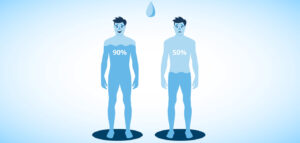
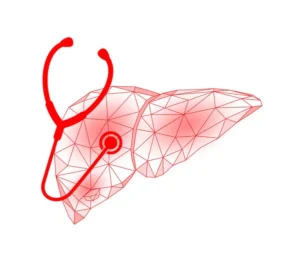
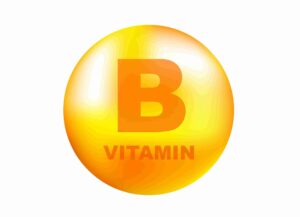
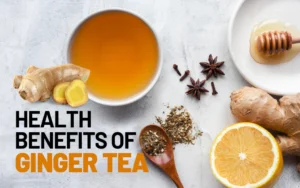


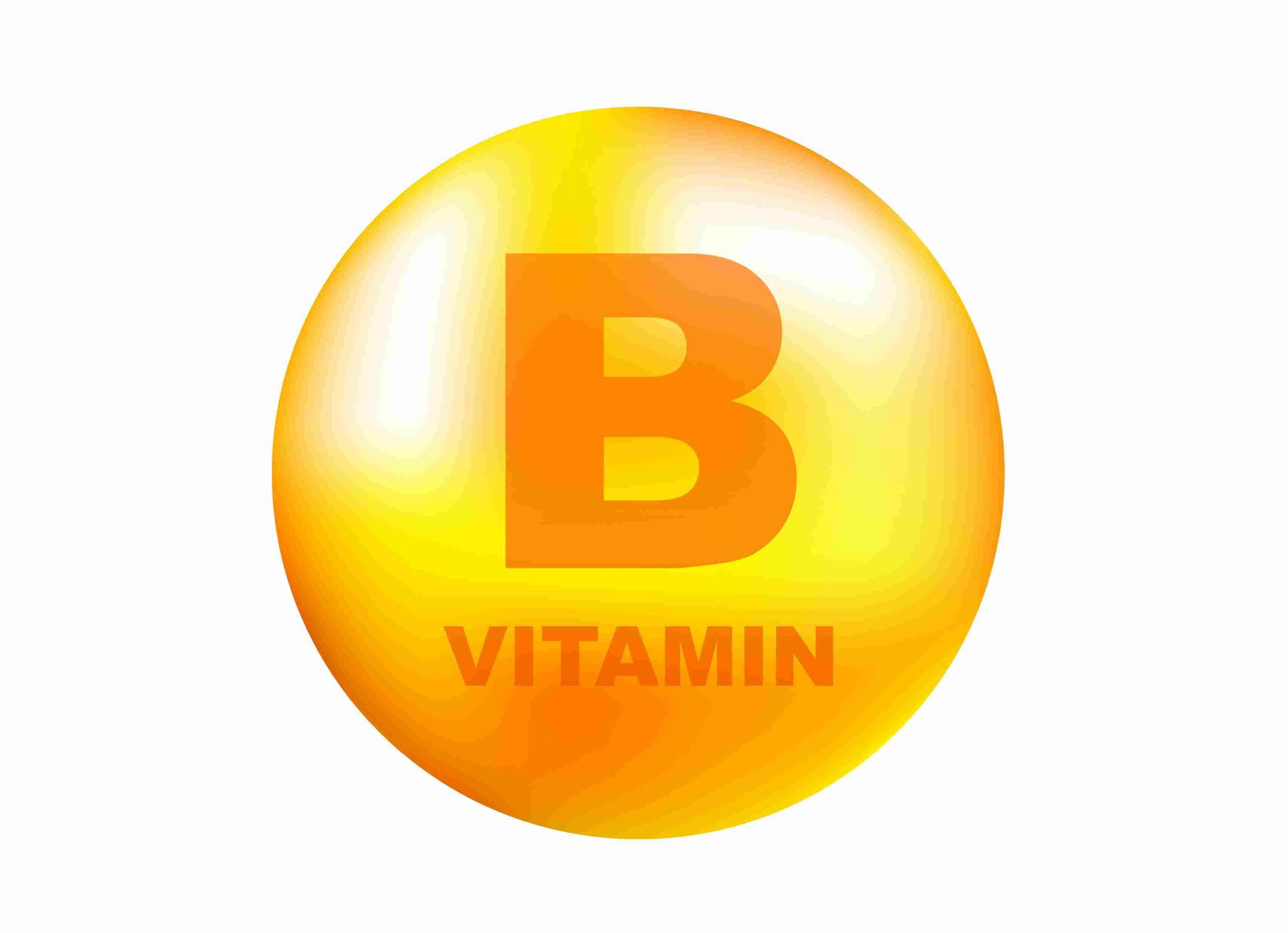
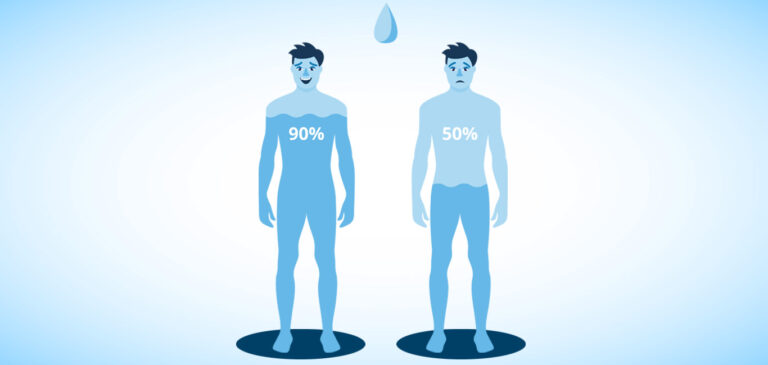
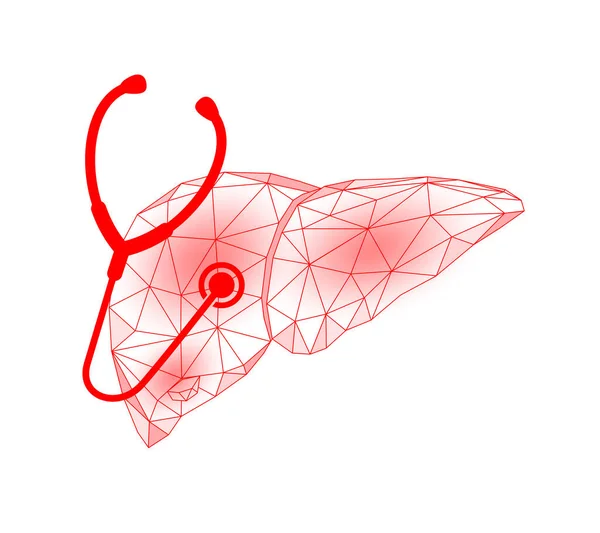
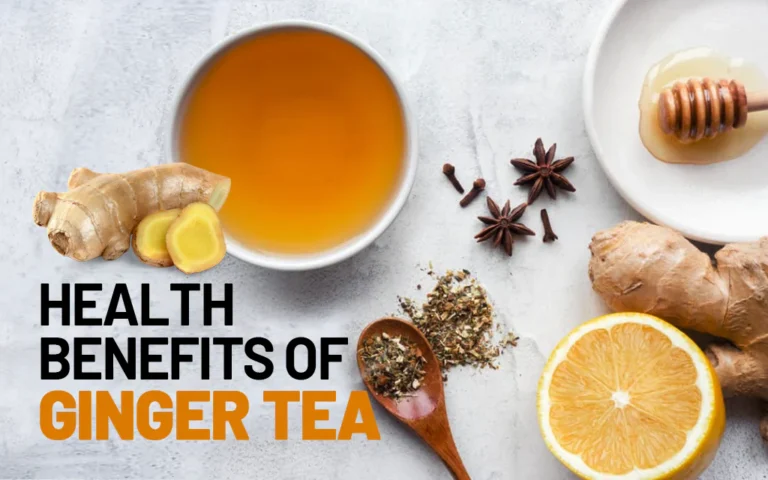



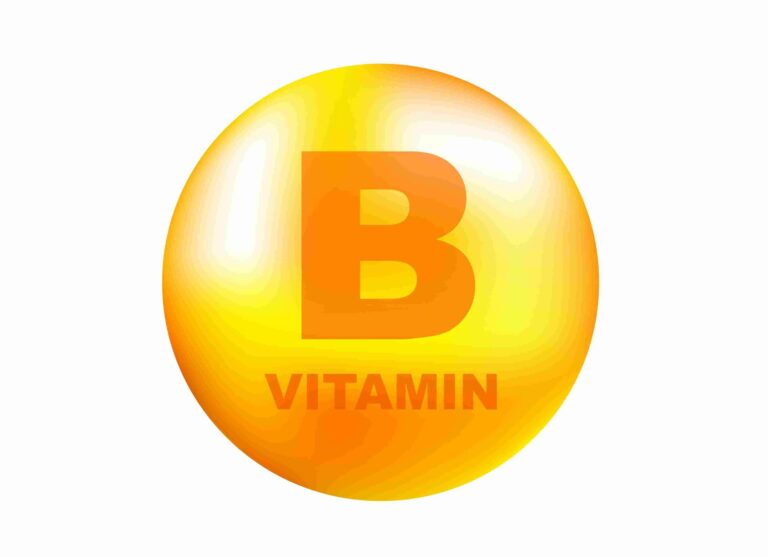
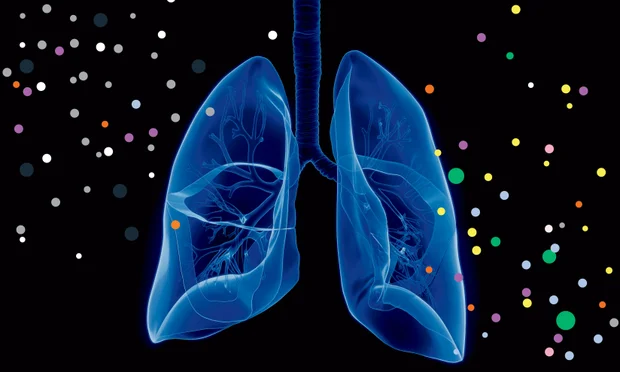
+ There are no comments
Add yours